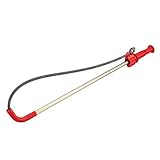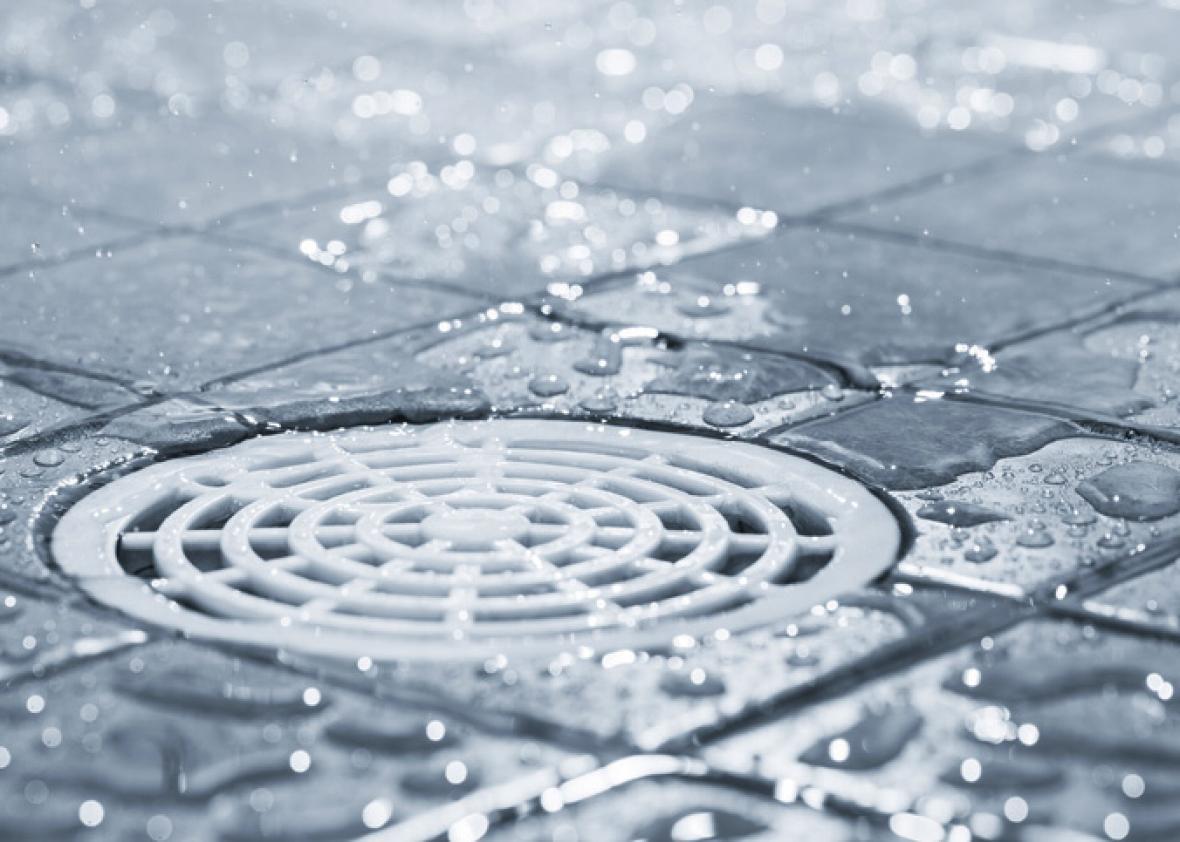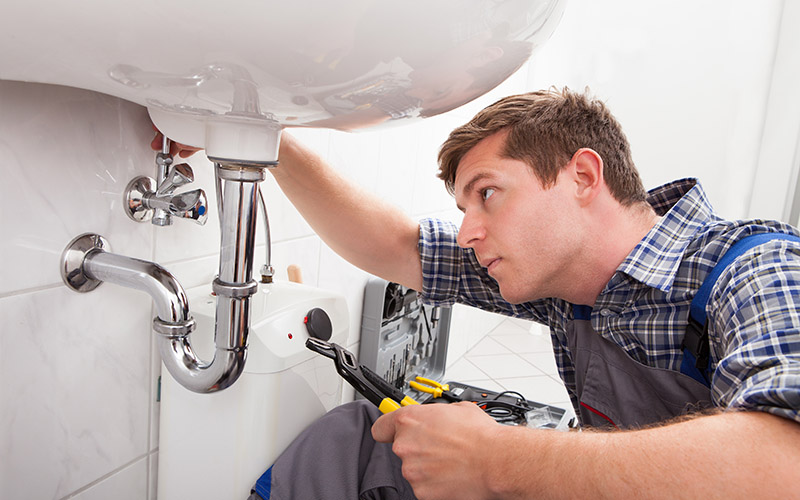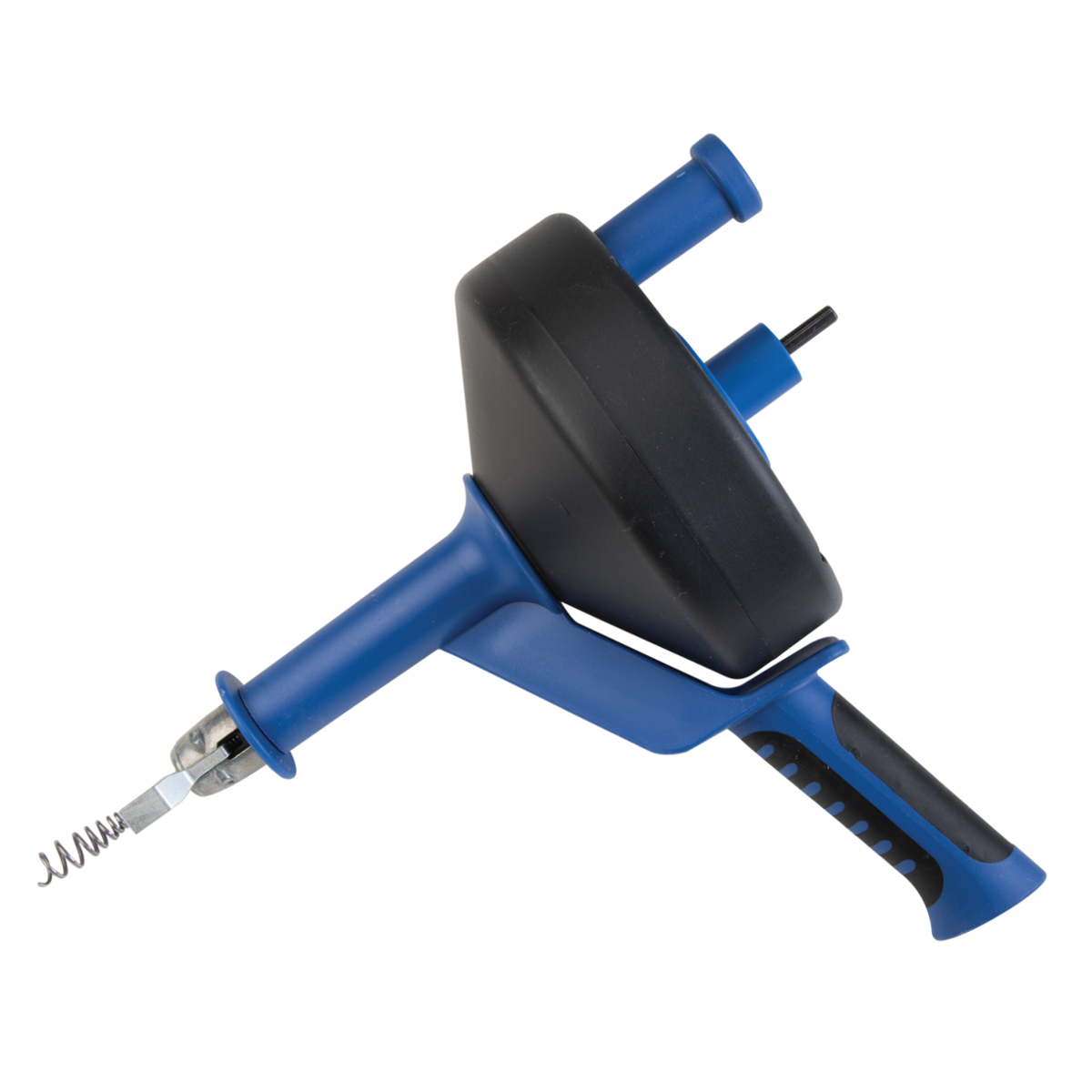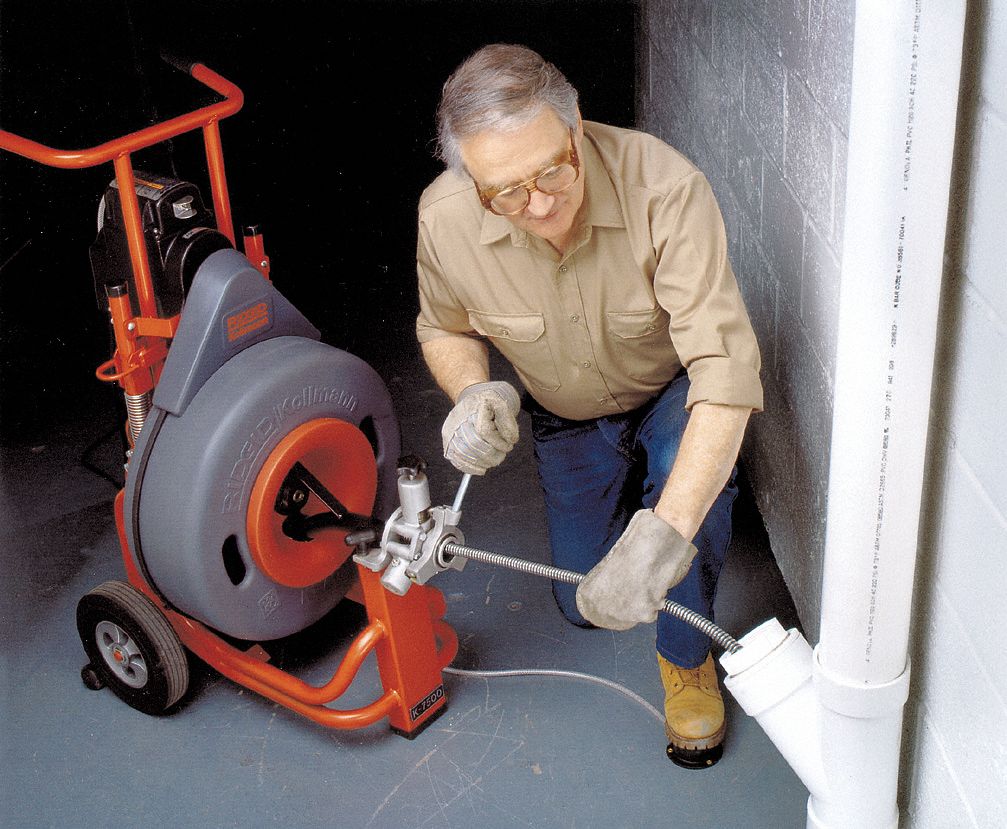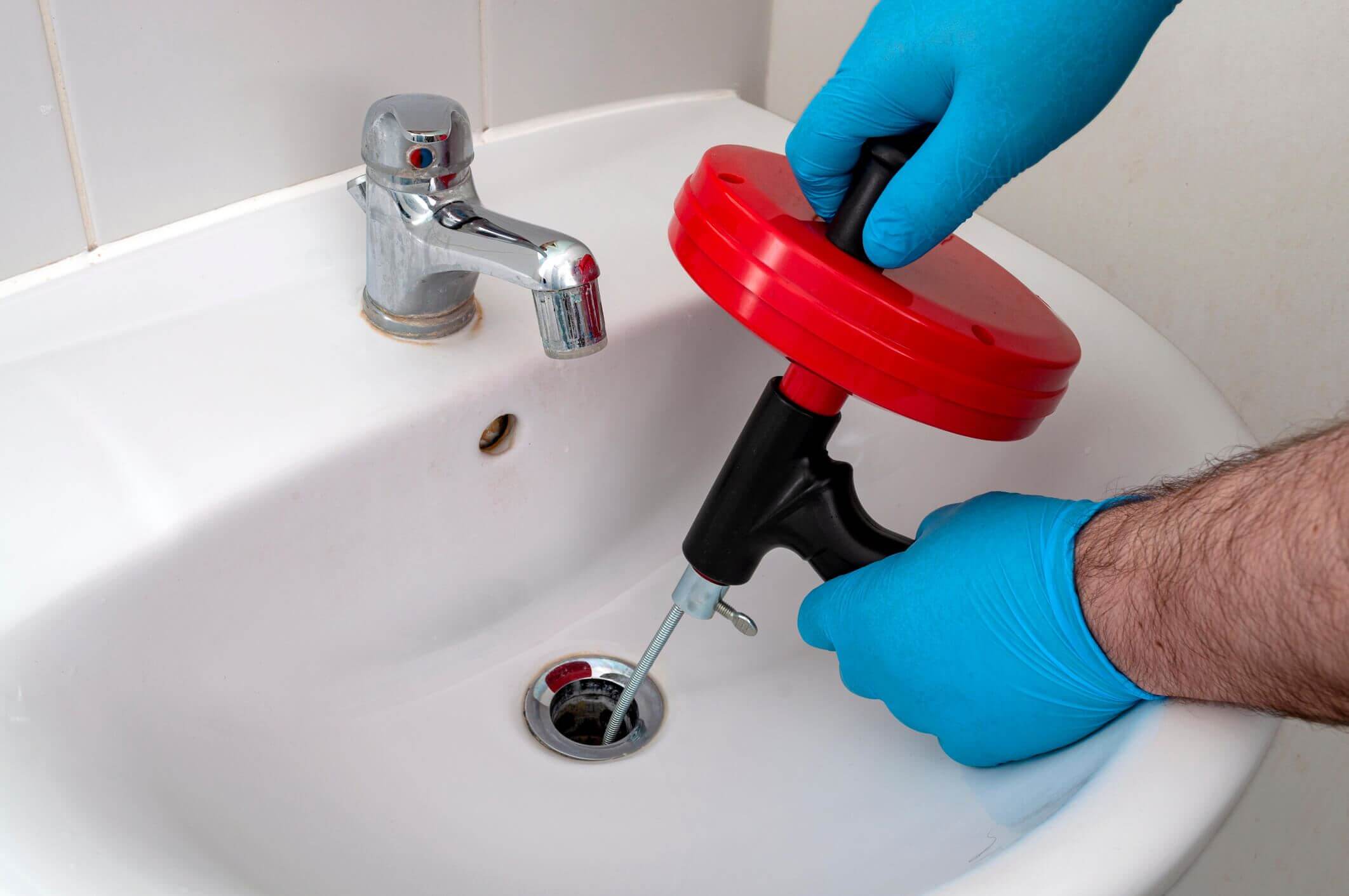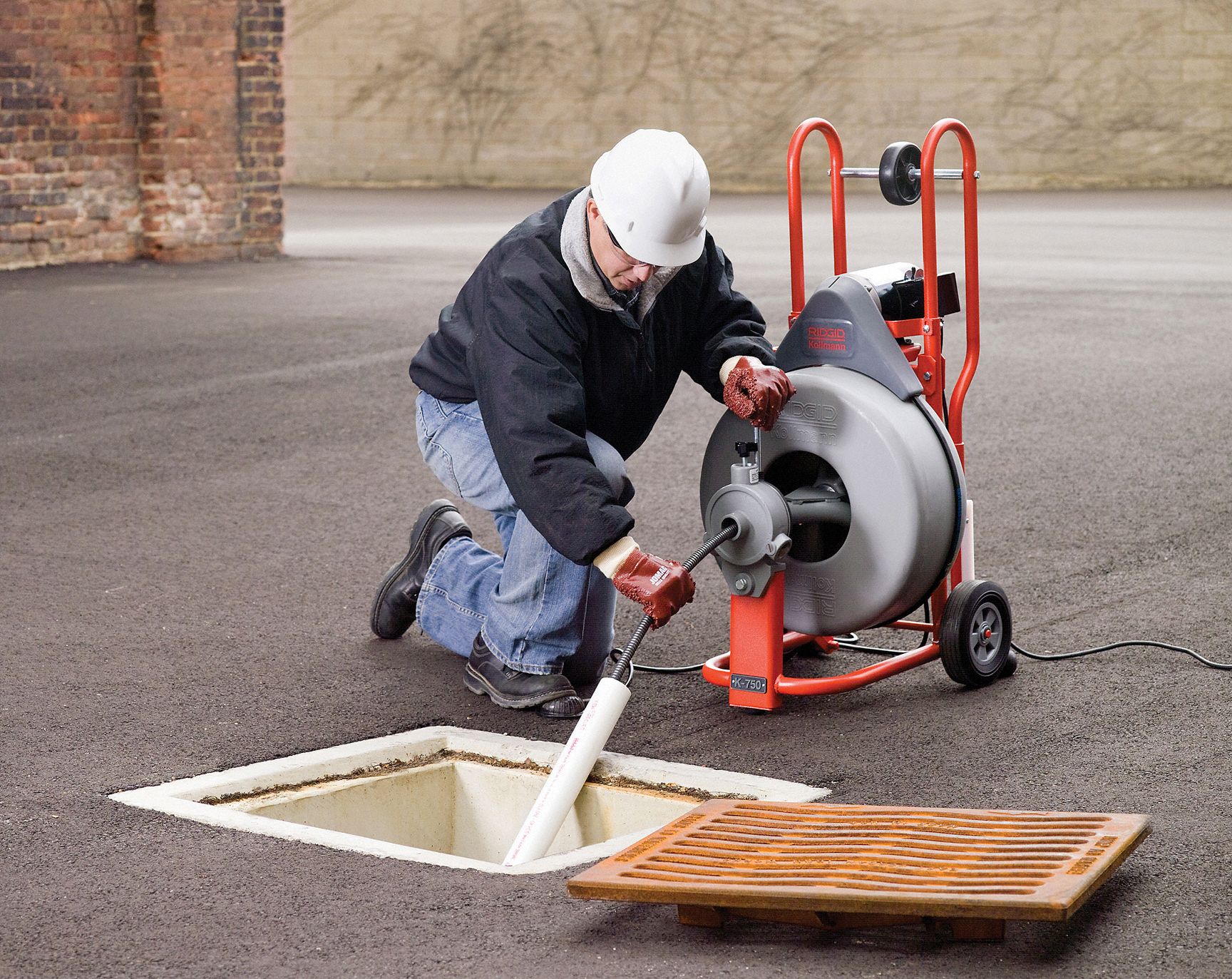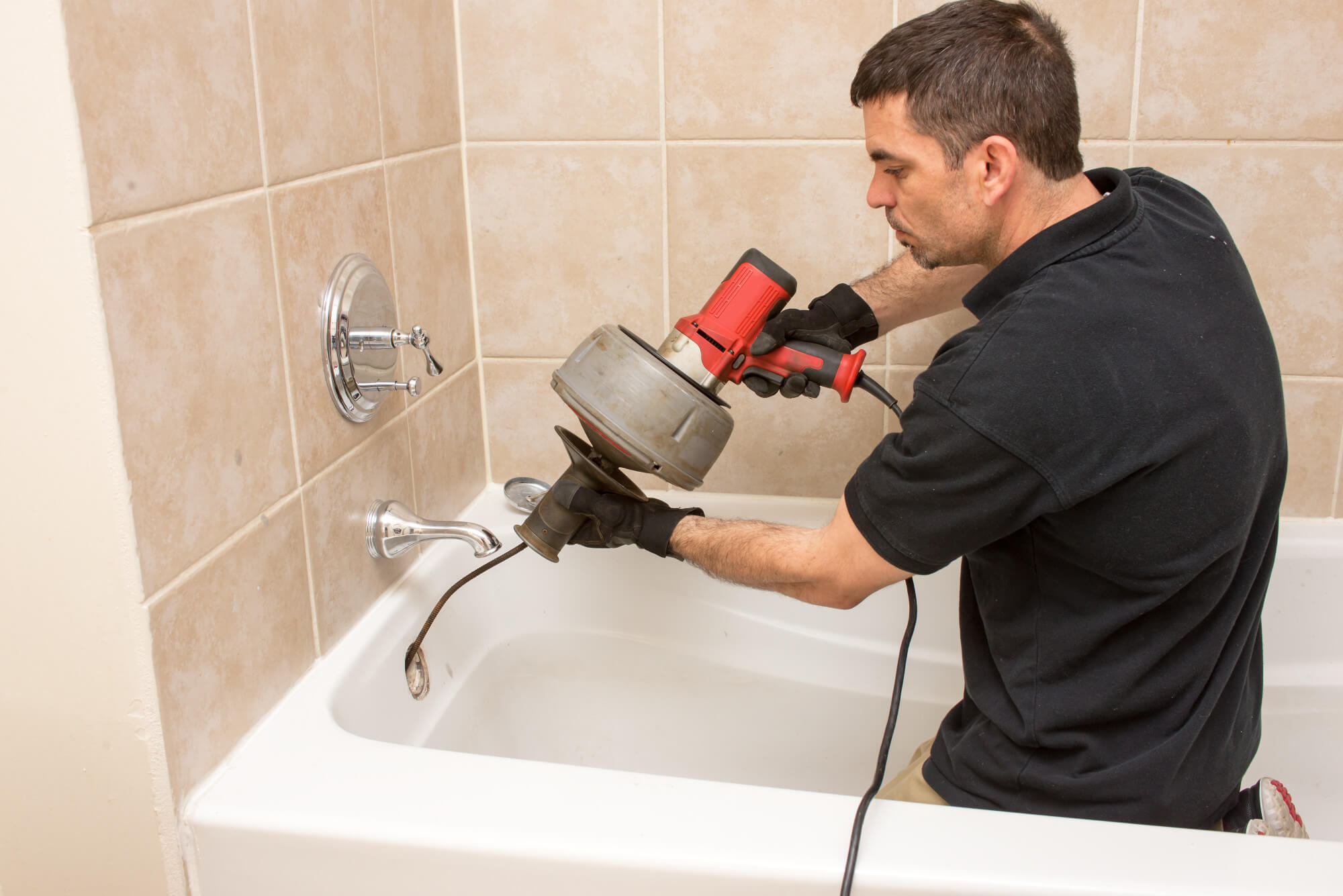It’s not an ideal situation. But, when nature calls and you get stuck with a clogged toilet without the plunger, you know you have to improvise.
Luckily, you have this helpful guide with its DIY home hacks still lingering in the back of your mind to help you unclog a toilet without a plunger on hand.
Read on too carefully because you might know someone caught in the exact situation you don’t want to experience.
No plunger in the bathroom? What do I do next?
Suppose you don’t have a plunger stored in a discreet corner. However, some homeowners prefer storing the toilet essentials in a closet outside the bathroom. Safe and clean.
So, if you find yourself in a house full of guests with no chance of popping out the door without someone walking by, you’re in it for the long haul. And the thought of someone discovering you with a clogged toilet with your business still floating around isn’t all that desirable.
In such situations, you have to remember not to panic. Where there’s a will, there’s always a way!
Let’s get into the details of how you can unclog your overflowing toilet without the need for a plunger.
Let it go with time
- If you’re fortunate enough not to have someone over at your place, you can afford to go with this solution. Often, simply letting the backup system of your toilet do its thing helps unclog your toilet. All it takes is some water pressure, time, and gravity.
- The risen water in the toilet bowl creates pressure on the clog due to gravity. Just have patience and wait to see whether this method works. You can expect the waiting time to go beyond 24 hours if the clog is a stubborn one.
- Also, if you try to flush the toilet the next day, and the clog hasn’t budged, you need to be ready to dish out the overflowing water.
The classic hot water resolution
- Hot water is a commodity available to you without the need to leave the confines of the washroom.
- Switch on the water heater as you carry out your business, and then fill up a bucket with the hot steaming water.
- It doesn’t have to be boiling water; plain old hot water will do the trick. However, boiling water isn’t supposed to get poured down the toilet since it can damage the porcelain and result in unwanted cracks due to the excess heat.
- Hot water can break up clogs, and unclogging a toilet works on the same principle. Pour in the water with some force but keep some distance from the bowl if the water splashes on you.
- The gradual rise in the hot water level in the bowl and the movement of water draining should unclog your toilet if the clog isn’t too stubborn.

Soap it down
Another dignity-saving trick you can incorporate in your toilet escapades is using supplies available around you.
As the hot water resolution method, the extra ingredient needed is dish soap. The more powerful it is, the quicker its impact will be on removing the clog.
Although, if that same dish soap isn’t something you can access immediately or you don’t want to leave the toilet, then a few pumps from the usual hand soap dispenser will work instead.
You now need to get yourself a small basin to mix the soap and water in, preferably the dustbin under your sink or a small bucket if that’s available.

- First, you need to get the hot water tunning into the bucket. It doesn’t have to be boiling; the normal scalding hot water from the geyser will do. However, any higher temperatures will damage your porcelain toilet bowl, and worse, the hot water could backsplash on you, injuring you as you try to flush away the mess.
- Ensure there is nothing around the toilet bowl as there are chances for the toilet bowl to overflow initially.
- Next, generously dispense the soap into the hot water to get a good foamy mixture which you will then pour into the bowl.
- There is no need for you to stand and mix the hot soapy water with the cold-water present in the toilet bowl. The toilet will do that on its own, and hopefully, after a while, the water pressure coupled with the soap attack will clear away the stubborn clog.
- If this method also fails you, your other option is to be patient. Unfortunately, the backups of most toilets don’t get blocked completely, meaning there’s a good chance that your toilet will drain slowly at first.
Just keep an eye on the draining water and add more hot water as needed to keep the toilet bowl full. The constant pressure and added time for the soap to work on the clog may break it down in a while.
If you can afford to spare some more time, let the soap mixture remain in the bowl and rest for a good hour before you try flushing again. Fingers crossed that it will work out for you!
The trusty drain cleaners
- We don’t recommend using drain cleaners too often, and it’s not just for clogged toilets. However, if you have to carry out maintenance, there are plenty of home remedies to guide you in ideally cleaning out the drain pipes around your home.
- However, when you’re stuck in a dire situation with a clogged toilet and no plunger on hand, drain cleaners are worth a shot. Pour some down the drain and wait for the clog to clear up by flushing after a while.
- And speaking of chemicals, a combination of bleach and powdered soap also works well. Mix one cup of the powdered soap/detergent with two cups of bleach and pour it into the toilet bowl. Give it a good hour before you flush.
- Bleach, like other chemicals, is a dangerous agent to get flushed down your pipes. It can erode and damage the drainage system from inside if used frequently. So, although they offer instant results, try not to depend on them since they’re also not environmentally friendly.
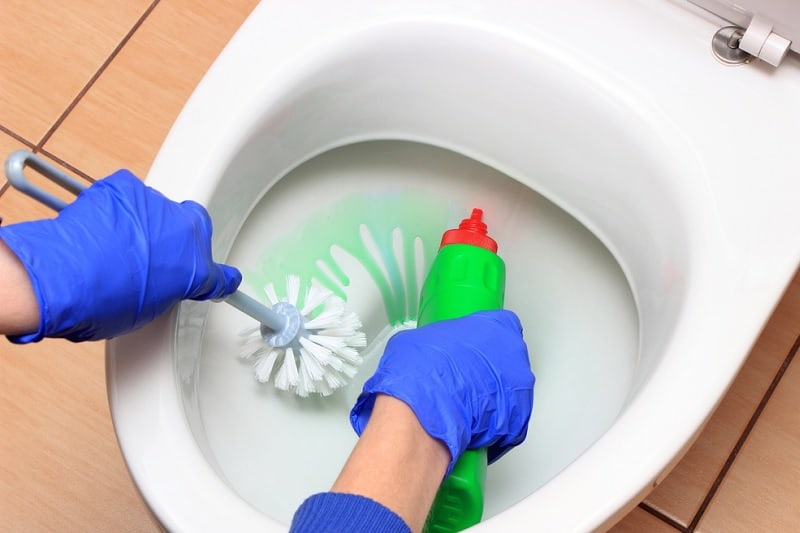
Create a fizz
- If all usual methods don’t seem to be working, then try out a fizzier way of unclogging your toilet. Not all homeowners store this ingredient in their toilet store, but if you happen to have some on hand, it’s worth a shot.
- Epsom salt, when added to water, not necessarily hot water, creates a fizzy reaction that helps loosen up the stubborn clog. Let the salt rest and fizz for some time before flushing for results.
- A bath bomb works the same. If you have a bath bomb around, try dunking it into the toilet bowl so the fizz can work its way around the clog and loosen it a little for ideal flushing.
Go manual
- Although not the best solution around, there is little you can count on without a plunger when all else fails. Going manual requires you to use a classic toilet brush to force the clog on its way with considerable brute force.
- Before you begin, ensure to wear rubber gloves and an apron or protective clothing since there will be a backsplash as you carry out the manual process.
- Put the cleaning brush into the mouth of the toilet or the drain hole and force it in and out vigorously. Don’t use too much force equal to damaging the toilet in any way. Try flushing to see if your efforts have had any effect on the clog. If not, give it another try.
- If this method works for you, throw away the toilet brush and invest in a handy plunger and a new toilet brush for such unexpected incidents.
A natural home cleaner
- If you have used white vinegar around your kitchen to keep the shelves and cabinets looking squeaky clean, you’ll know just how effective it can be. A complementary agent to go along with white vinegar is baking soda, and they make an impactful duo to unclog toilets.
- Measure out a cup of baking soda and pour it into the toilet bowl, making sure to spread it evenly on the floor. More surface area covered implies a more vigorous reaction and hence a better chance at attacking the clog.
- Then, measure out two cups of vinegar and pour it over the baking soda in the toilet. Make circular motions to disperse the vinegar over the soda. When the two begin to mix, a fizz gets created that will boil up and spread into the drainpipe, working its magic on the clog.
- Give the mixture an hour to fizz before you flush. If your toilet is draining slowly after this method, try doing it again with the same amounts but let the mix rest overnight in the toilet bowl before flushing.

Hanger to the rescue
- Not the most desirable method to clean your clogged toilet, but desperate times call for desperate measures. If you have a wire hanger to spare in your toilet closet, then all is well.
- Open up the hanger and smoothen it into as straight a line as possible. Grab a small rag that you can tie to one hooked end since you don’t want the rough edge to scratch and peel out the inners of your toilet bowl or damage the drain pipes from inside.
- Let the rag-end of the hanger into the drain hole and guide it further in till you meet resistance. Then, shift the hanger around prod and poke at the clog so you can get it loose. It might take some time to get the clog to loosen up effectively, but also try not to use too much force in the process.
- Flush and see if the toilet drains ideally. If not, try again and then move on to the next method if it doesn’t work out.

A duplicate plunger
- If not having a plunger is the issue, we can certainly make one. All you need to do is a 2-liter plastic bottle and some warm water.
- Put on some gloves and protective clothing before you get started. Then, please fill the bottle with warm water and invert it, keeping your thumb on its opening. Next, position the bottle as close to the drain opening as possible and move your thumb away.
- Immediately squeeze the bottle, so the warm water rushes into the drain opening with substantial force creating pressure on the clog to loosen up. It might take a few tries to dislodge the clog completely, but keep at it and later flush to see whether you’ve achieved ideal draining.
How To Use A Power Drain Auger?
The last resort
- You can try one last DIY method before finally throwing the glove and calling up the professionals. While it requires you to leave the comfort of your toilet and venture to a hardware store, it also serves its purpose well to suck the clog out effectively.
- A wet/dry vacuum is what you’ll need, and by no means substitute it with a regular vacuum. The two types of vacuums serve different purposes, and we need a wet/dry vacuum made specially to do what we’re going to do.
- First, put on rubber gloves and protective clothing. Then, turn off all active water valves to shut off any water connections. Now, use the vacuum to suck out the water from the toilet bowl. Tie a rag on the business end of the vacuum hose and stick it into the drain, as close to the clog as you can get.
- Switch on the vacuum and let the pressure suck out the clog in no time.
- The good thing about this method is you can see instant results. However, if the clog is too deep inside the drain pipes, you might not be able to get the vacuum hose all the way deep.
- In such cases, all you can do is leave the further attempts to unclog your toilet to the professionals. You can rest assured that you tried your best at solving the matter and got some experience from it all.
What should you not do when faced with a clogged toilet?
Before you even try to carry out any of the aforementioned procedures, make sure to shut off the water supply to your toilet. Then, let the tank be full enough for one flush to see if the method worked or not.
Also, never flush consecutively. It will only result in the water level rising and then overflowing if you’re dealing with a clogged toilet.
- K-3 TOILET AUGER: Provides fast, efficient, and safe clearing of...
Final Word
Follow all precautions closely, and prioritize your safety before all else. Then, be wise enough to know when you have to call in the professionals instead of being as stubborn as the clog and ending up causing more harm than good.
That said, hopefully, one of the many DIY hacks works out to unclog your toilet without the need for a plunger!


